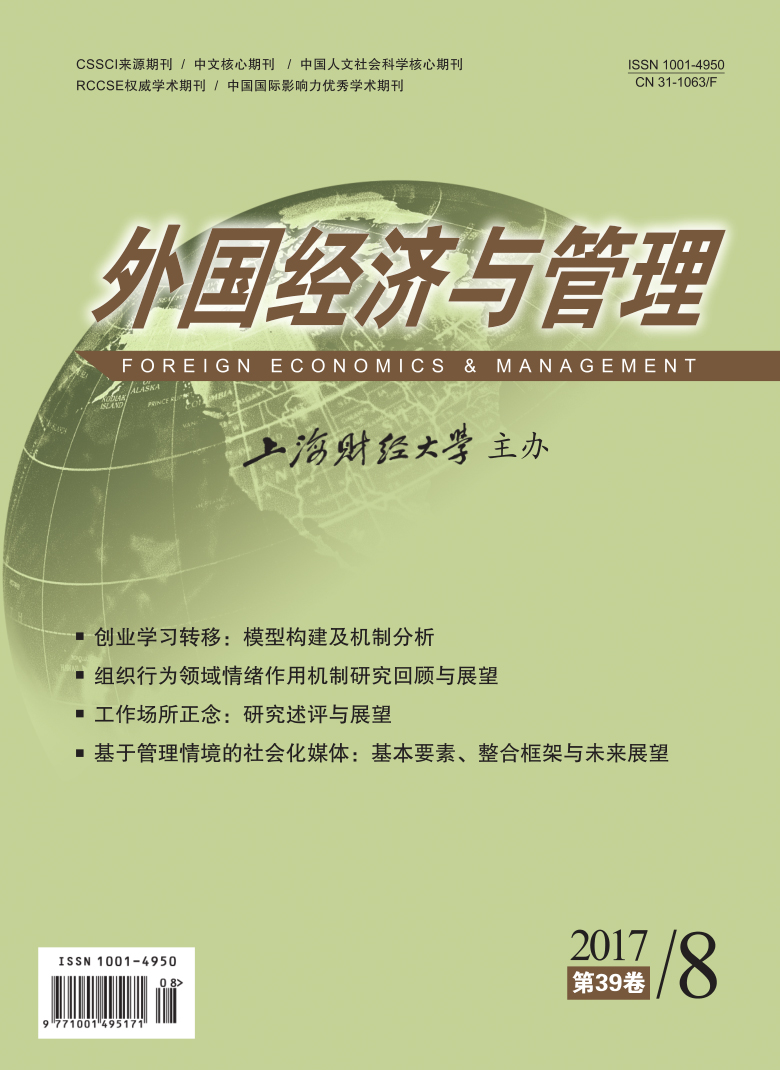Mindfulness is an ancient concept, whose roots lie in Eastern Buddhist thought. Mindfulness in the workplace is defined as " a receptive attention to and awareness of present events and experience” by Brown etc (2007). In recent years, some empirical studies in the west have shown the positive effects of mindfulness in the workplace, such as employee well-being, job performance, and leadership effectiveness. Mindfulness training has been applied and has been well received by quite a few well-known companies. Mindfulness research in the workplace has great potential in the future. But this line of research still needs to be developed in China. Based on the existing research results,this paper first introduces the origin, concept connotation and measurement of mindfulness. Then, it classifies the mindfulness in three aspects: the antecedent variables, the outcome variables and mindfulness as a moderating variable. It summarizes related empirical research and theoretical exploration achievements. On this basis, it systematically constructs a framework based on existing research results. It points out the problems of antecedents, outcome variables, measurement & research ways and contextualized research and provides a roadmap for future development.
 / Journals / Foreign Economics & Management
/ Journals / Foreign Economics & ManagementForeign Economics & Management
JIN Yuying, Editor-in-Chief
ZhengChunrong, Vice Executive Editor-in-Chief
YinHuifang HeXiaogang LiuJianguo, Vice Editor-in-Chief
Mindfulness in the Workplace: A Literature Review and Prospects
Foreign Economics & Management Vol. 39, Issue 08, pp. 56 - 70 (2017) DOI:10.16538/j.cnki.fem.2017.08.005
Abstract
References
Abstract
Cite this article
Zhang Jing, Song Jiwen, Wang Yue. Mindfulness in the Workplace: A Literature Review and Prospects[J]. Foreign Economics & Management, 2017, 39(8): 56–70.
Export Citations as:
For
ISSUE COVER
RELATED ARTICLES





 11315
11315  25296
25296

